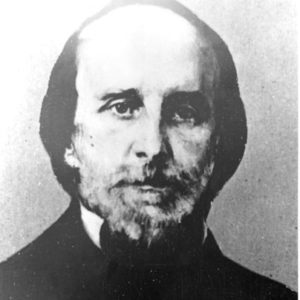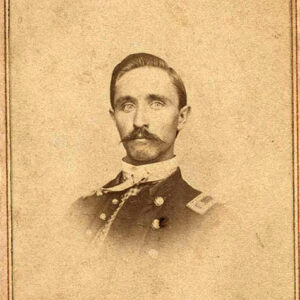Time Period: Civil War through Reconstruction (1861 - 1874) - Starting with M
aka: Yellville Expedition
Mrs. Voche’s, Skirmish at
Mud Town and Gerald Mountain, Skirmishes at
aka: Fayetteville Expedition
Murphy, Isaac
 Isaac Murphy
Isaac Murphy
 John L. Murphy
John L. Murphy




